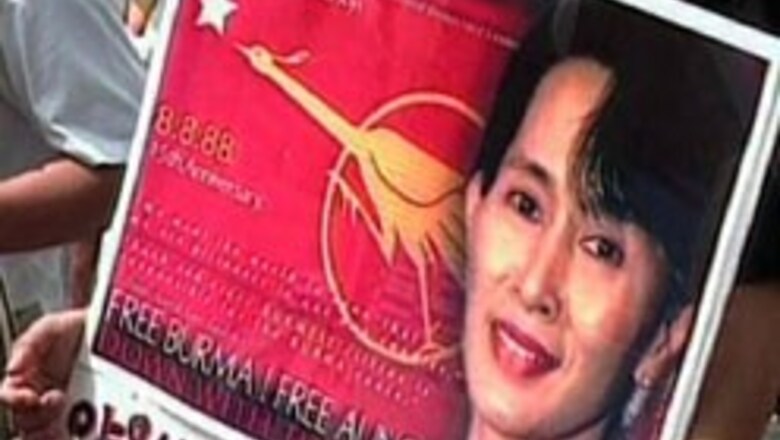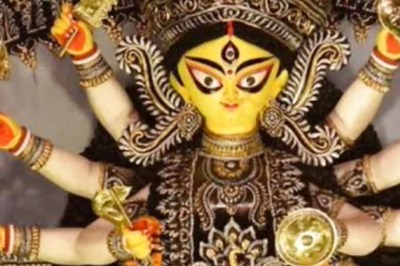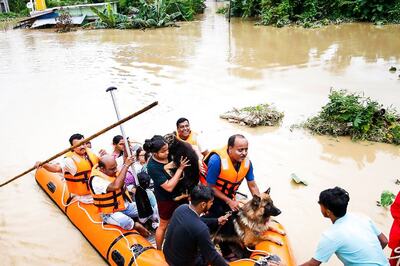
views
New Delhi: An Indian offer of military equipment, including helicopters, to the reclusive military regime in Myanmar could be used against civilians and rebels, and fuel abuses, Human Rights Watch said on Thursday.
"It is shocking a democracy like India would offer military assistance to Burma's brutal military dictatorship, which is likely to use that assistance against the civilian population," said Brad Adams, Asia director at Human Rights Watch.
New Delhi, which is jockeying with Beijing for strategic influence in Myanmar, made an offer to sell its indigenously made advanced light helicopters - that can be used as gunships - during a visit by the Indian Air Force chief S P Tyagi last month.
The Indian Air Force also offered avionics while the Army has said it was ready to provide training for Myanmar troops.
"The Burmese government's record shows that these weapons and special training are used as tools of repression, not of defence," Adams said in a statement.
"India may think it has to compete with China to cultivate good relations in the region, but this is going too far,” he added.
India, which shares a 1,600 km (1,000 mile) border with Myanmar, already provided Islander transport and surveillance aircraft in August, despite objections from Britain, which manufactured the planes.
Britain is part of a European Union arms embargo on the junta in Myanmar.
New Delhi has also supplied artillery to the regime, which Washington calls an "outpost of tyranny".
An Indian official said India was trying to boost its ties with Myanmar as part of its "Look East' strategy and that it did not foresee military supplies to its neighbour being used for "offensive" purposes.
Human Rights Watch said it was "particularly alarmed" that India was offering military supplies to Myanmar's military which is fighting separatist rebels of the Karen community, the country's largest ethnic minority. India's engagement with Myanmar attracts little criticism at home, and is defended by strategic affairs experts as necessary given the perceived threat from China.
Western democracies such as the United States also make tactical alliances with military leaders like Pakistan's President Pervez Musharraf, analysts in New Delhi said.
"Engaging does not necessarily mean endorsement," C Uday Bhaskar of the Institute for Defence Studies and Analyses said.
"The reality is that given the very complex geo-political and security environment that the Indian periphery represents, prudence warrants that India engages in with its neighbours,” he added.
New Delhi has called for the release of Aung San Suu Kyi, Myanmar's Nobel Peace Prize-winning opposition leader, and says it would welcome moves by the regime to reintroduce multi-party democracy.

















Comments
0 comment